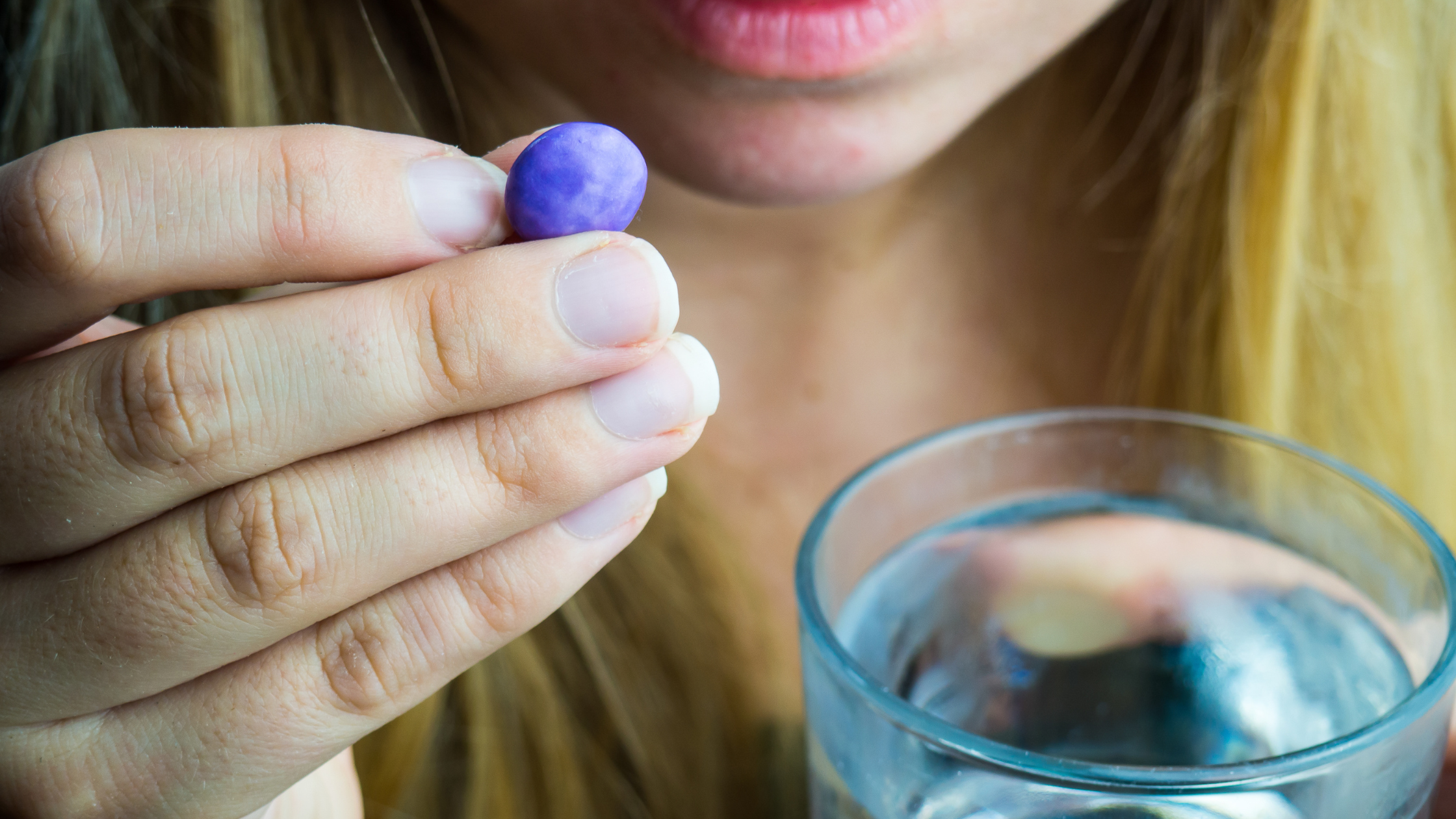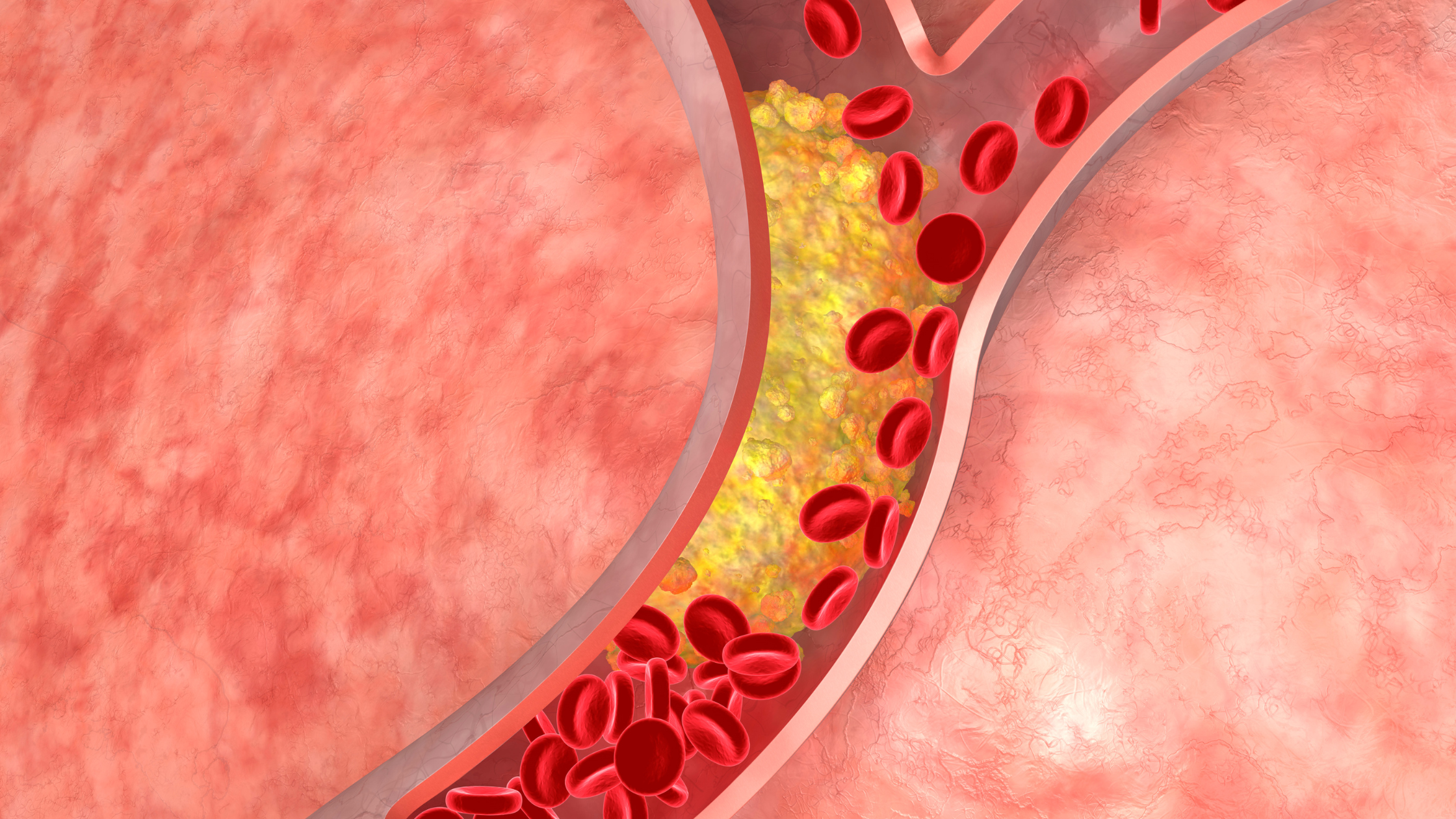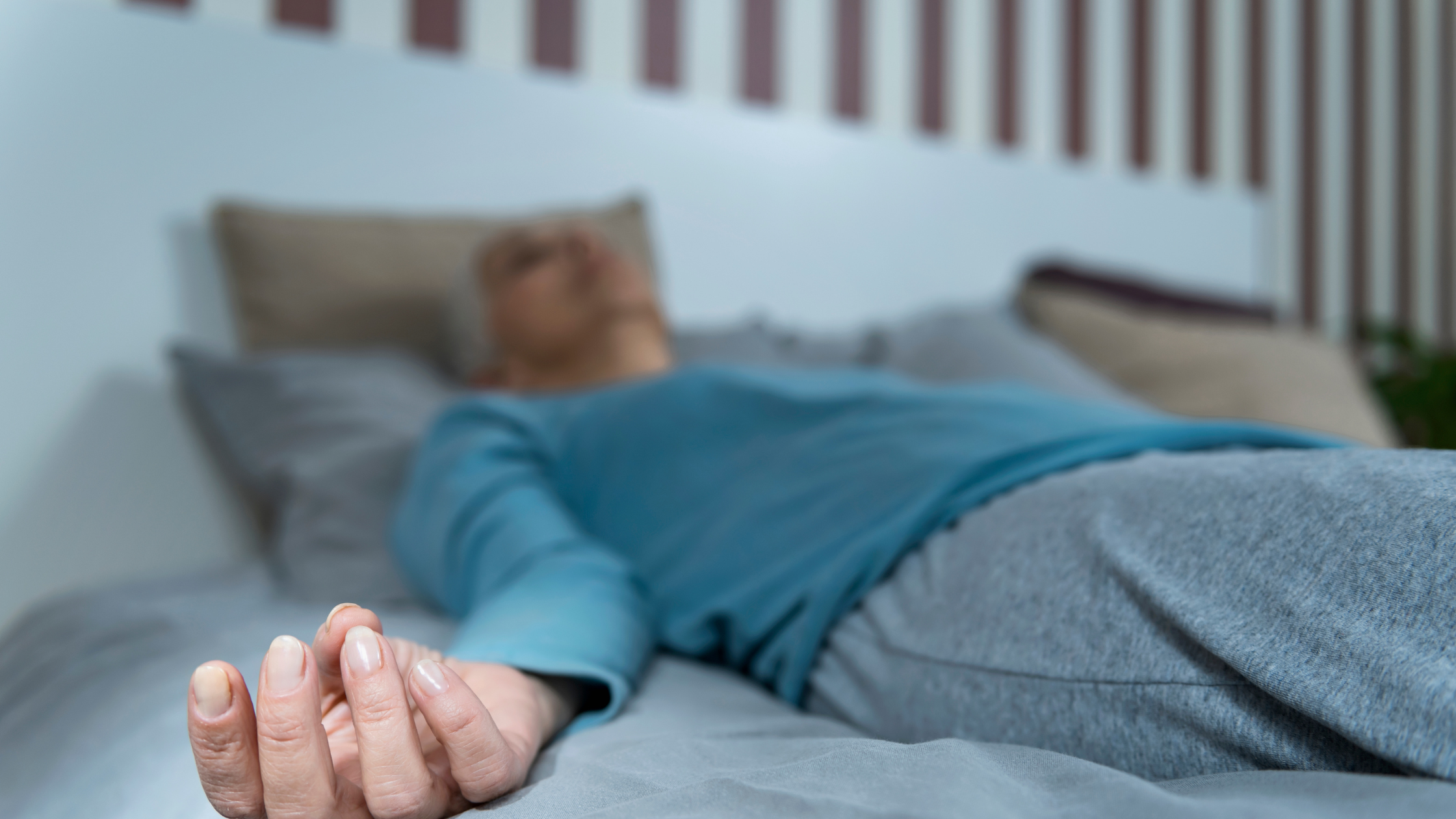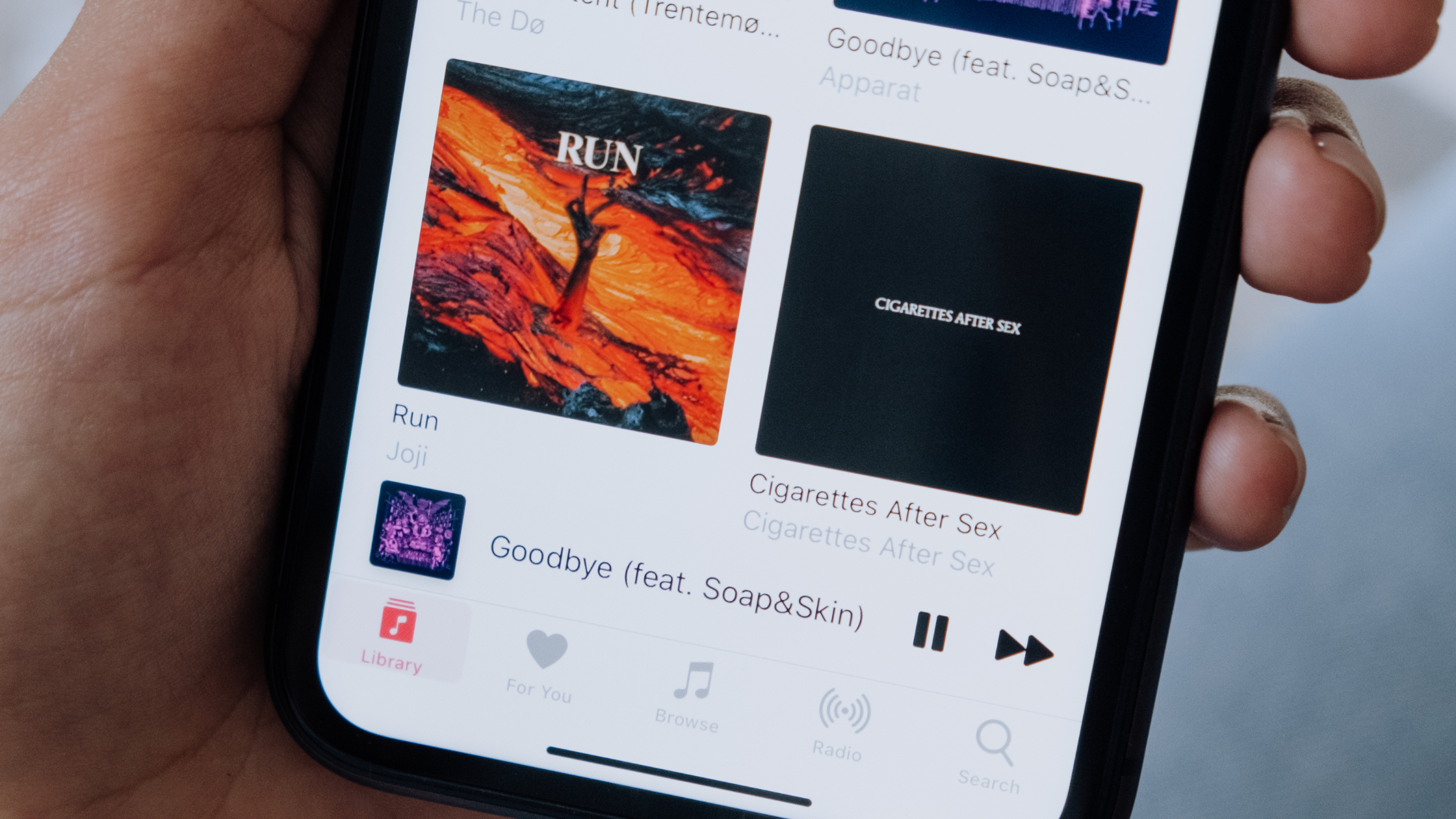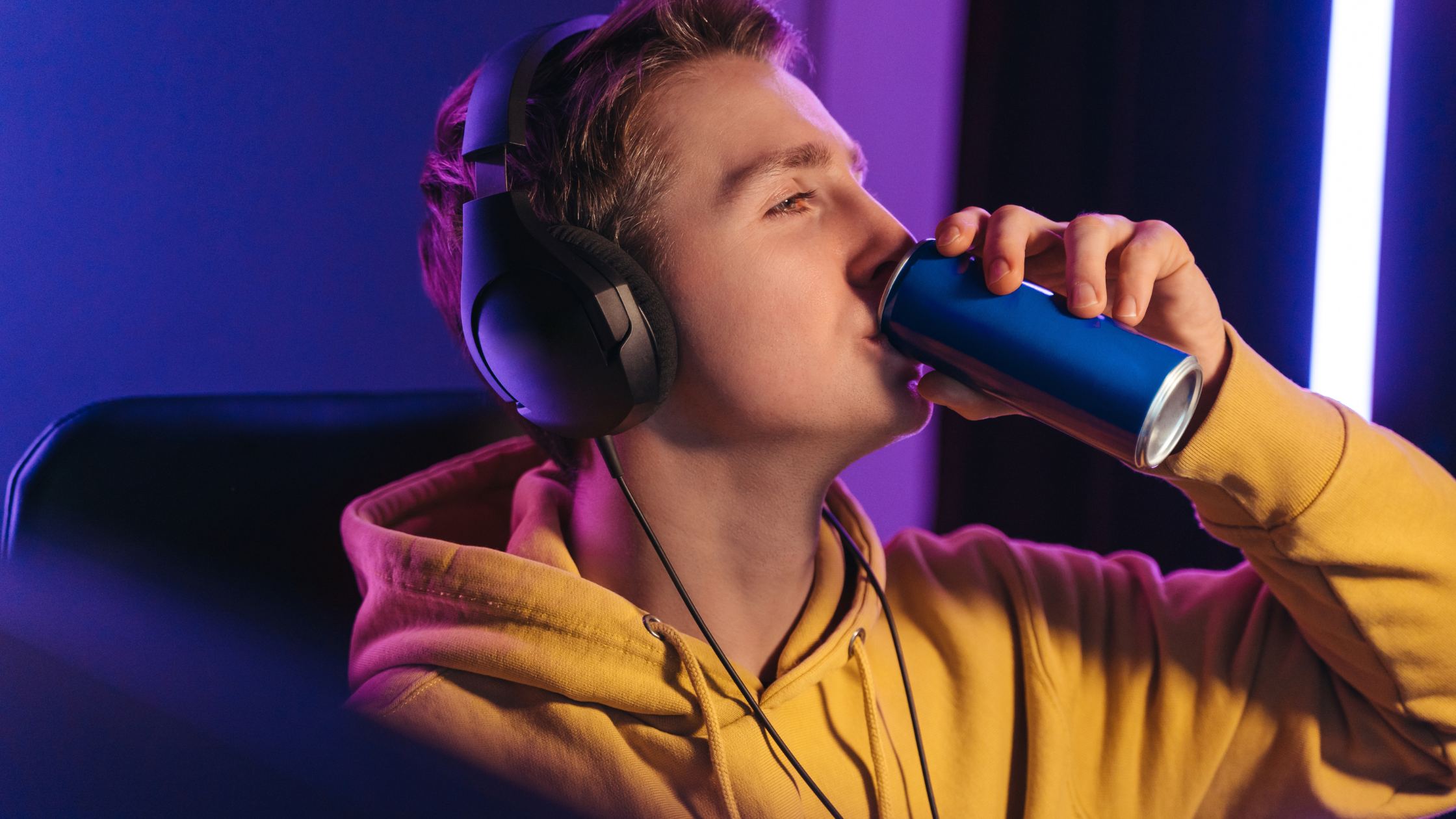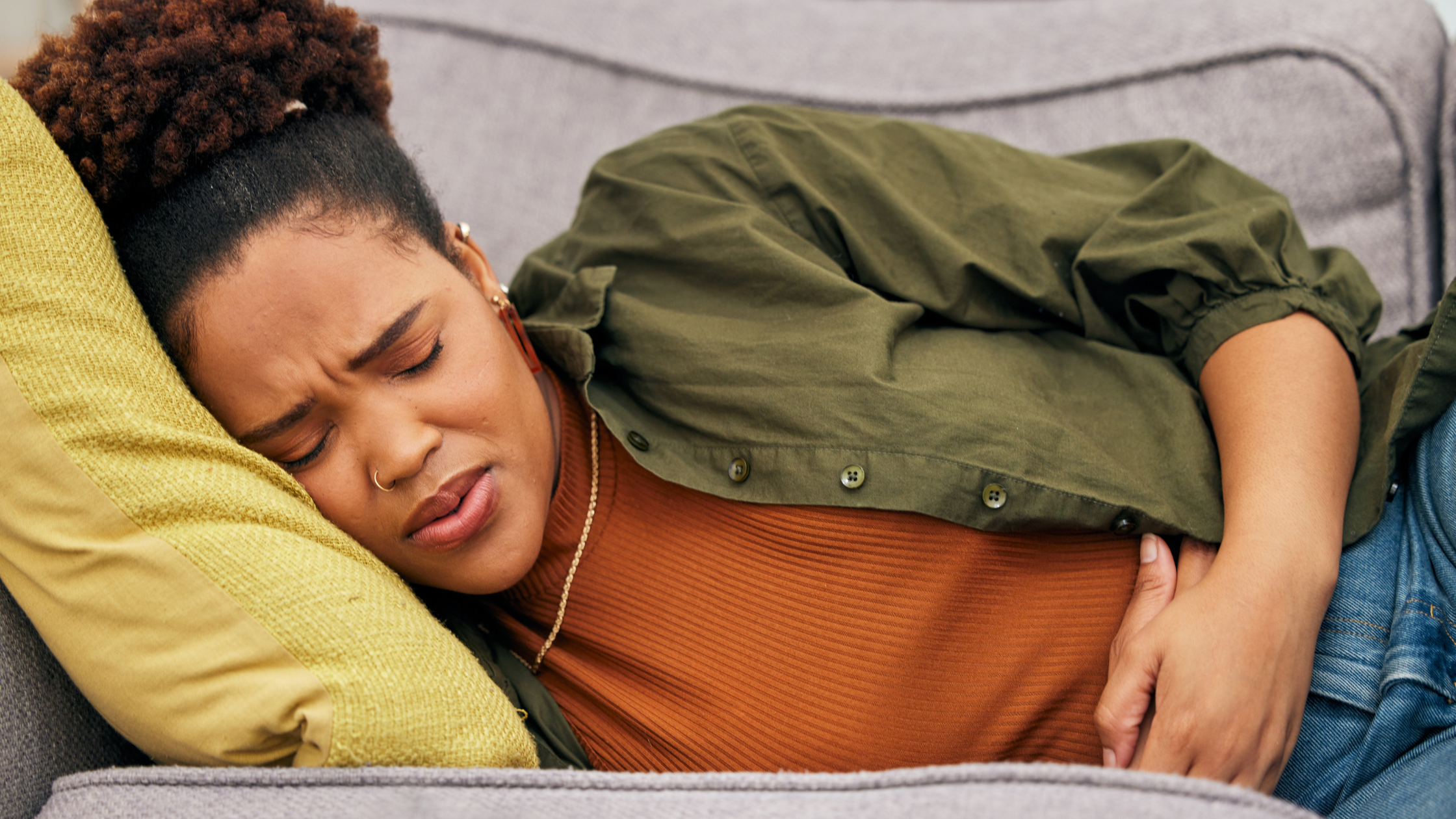For many people, enjoying a nightcap or a glass of wine before bed can become a regular habit. While alcohol may initially help you relax and fall asleep, it can ultimately disrupt your sleep cycle and lead to various health issues. If you’re looking to break the habit of nighttime alcohol use and improve your sleep quality, this blog post offers practical strategies to help you make the transition to a healthier nighttime routine.
Darian Dozier
Recent Posts
Quitting Nighttime Alcohol: Strategies for a Healthier Sleep Routine
Understanding Antidepressants and Their Impact on Sleep
For those on a journey toward mental well-being, antidepressants can be valuable companions in the quest for balance. However, as with any medication, it's crucial to be aware of potential side effects. One area that often raises questions is the impact of antidepressants on sleep. In this guide, we'll explore the relationship between these medications and sleep patterns, offering insights to help individuals make informed decisions about their mental health and restful nights.
The Link Between Cholesterol and Sleep: Understanding the Connection
When it comes to managing cholesterol levels, diet, exercise, and medication often take center stage. However, emerging research suggests that sleep may also play a crucial role in cholesterol regulation and cardiovascular health. In this blog post, we'll explore the intriguing connection between cholesterol and sleep, uncovering how sleep quality and duration can influence cholesterol levels and overall heart health.
In the quest for a restful night's sleep, many seekers have turned to the soothing embrace of meditation. Beyond its well-known benefits for mindfulness and stress reduction, meditation can serve as a powerful aid in preparing both the mind and body for a peaceful slumber. In this guide, we'll explore the world of sleep meditations and delve into the transformative experiences they offer on the journey to Dreamland.
In the fast-paced rhythm of our daily lives, finding solace and tranquility becomes increasingly essential, especially when it's time to wind down for a good night's sleep. Music, with its profound ability to evoke emotions and set the tone, can be a powerful ally in creating a serene bedtime atmosphere. In this guide, we'll explore the world of sleep-inducing tunes and curate a playlist that will gently guide you into the arms of peaceful slumber.
Understanding the Risks of Using CBD Products for Sleep
In recent years, cannabidiol (CBD) has gained popularity as a natural remedy for a variety of health issues, including sleep disorders. Many people turn to CBD products to help them fall asleep faster, stay asleep longer, and improve the overall quality of their sleep. However, despite its growing use, there are potential risks and considerations that users should be aware of. This blog post explores the potential dangers associated with using CBD products for sleep and emphasizes the importance of informed usage.
A Guide to Adjusting Your Child's Sleep Schedule as They Grow
As parents, we're well aware that our children's sleep patterns evolve. From the blissful days of newborn naps to the energetic adventures of toddler bedtime resistance, each stage brings its own set of challenges. Navigating these changes requires a delicate balance of understanding, patience, and consistency. In this guide, we'll explore the importance of age-appropriate sleep schedules and offer practical tips on how to adapt your child's sleep routine as they grow.
Navigating Caffeine Addiction and Its Impact on Sleep
For many of us, a cup of coffee is the fuel that kickstarts our day, providing a much-needed jolt of energy and focus. But what happens when that caffeine boost becomes a crutch, interfering with our ability to unwind and get a good night's sleep? In this blog post, we'll explore the intricate relationship between caffeine addiction and sleep, shedding light on how excessive caffeine consumption can disrupt sleep patterns and offering strategies for breaking the cycle of dependence for better sleep and overall well-being.
Understanding Sleep Coaches and When to Enlist Their Expertise
In the hustle and bustle of modern life, achieving a good night's sleep can sometimes feel like an elusive dream. As our understanding of the importance of sleep deepens, so does the demand for personalized guidance on improving sleep quality. Enter the sleep coach – a professional trained to help individuals overcome sleep challenges and achieve restorative, consistent sleep. In this blog post, we'll explore what a sleep coach is, what they do, and when it might be the right time for you to consider seeking their expertise.
The Silent Culprit: Exploring the Intricate Connection Between Sleep and Bloating
Bloating is a common, often uncomfortable, sensation that many of us have experienced at some point. While diet and lifestyle choices play a significant role in bloating, there's a hidden factor that might be exacerbating this discomfort: sleep. In this blog post, we'll delve into the intricate relationship between sleep and bloating and explore how the quality and duration of your sleep can impact your digestive health.


